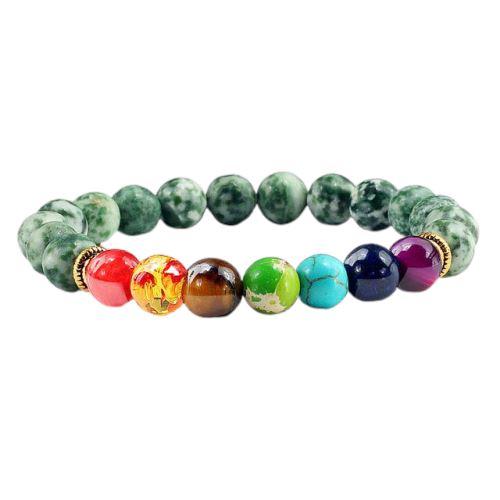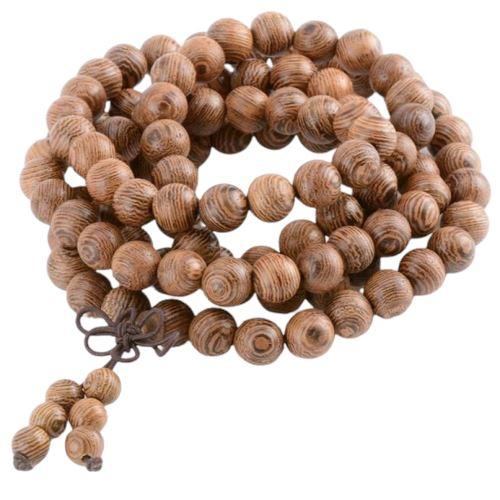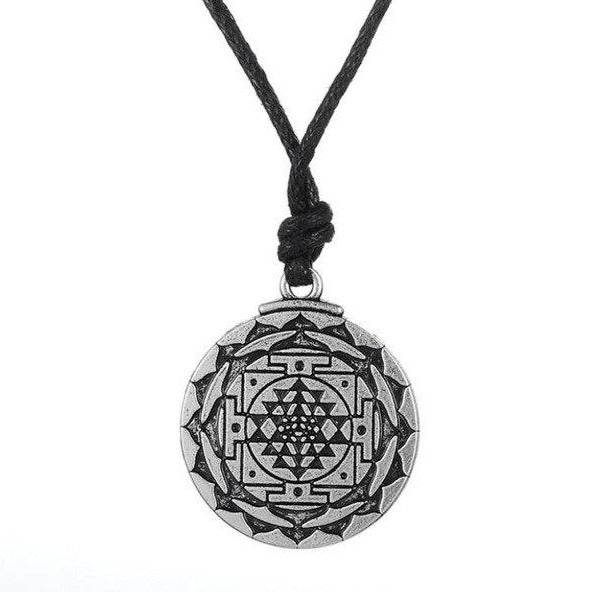Third religion in the world in terms of followers, Hinduism is fascinating. The Hindu lucky charm too.
Much more than a religion, Hinduism is a complete corpus of rites which encompasses absolutely all aspects of life. From medicine to the rules governing war, including law, Hinduism is more than a religion: it is a way of life. If certain customs are well known to us today, the Indians have managed to keep a shroud of mystery over others...
See more
Voir plus
Third religion in the world in terms of followers, Hinduism is fascinating. The Hindu lucky charm too.
Much more than a religion, Hinduism is a complete corpus of rites which encompasses absolutely all aspects of life. From medicine to the rules governing war, including law, Hinduism is more than a religion: it is a way of life. If certain customs are well known to us today, the Indians have managed to keep a shroud of mystery over others by jealously keeping them taught in their temples and other places of worship. The secrets of Hindu lucky charms, we have broken them for you.
Hinduism dates back thousands of years. It was around 1500 BC that the first Vedas (central sacred texts in Hinduism) were written. It’s a safe bet that this is the result of an even older oral tradition.
When we are interested in the subject of Hindu lucky charms, we often find ourselves faced with objects and artifacts with ancestral origins. As everything that is preserved over time necessarily has a use, the Hindu lucky charm generally means a certain effectiveness.
This type of consideration also applies to the cradle which saw the birth of this religion: India. So compare this collection with the Indian lucky symbols you will find here and you will see what we are talking about.
In addition to their mystical aspect, most of the objects we offer you here fulfill other functions. While some will find them a very concrete role in their daily practice (for example meditative), others will see in them the transmission of a part of the vast history of the Hindu religion.


















